Facebook emerging as major target for phishing attacks
The all-conquering social network is proving a magnet for scammers too, with Facebook now the fourth biggest target of phishing attacks on the web.

Facebook's massive worldwide popularity has seen it emerge as the fourth most common target for phishing attacks.
Kaspersky Labs' latest quarterly spam report reveals that while payment site PayPal remains the most popular subject for spam and phishing scams, Facebook has risen dramatically to levels never before seen from a social networking site.
According to Kaspersky, more than one in two phishing scams (52 per cent) is focused on PayPal, followed by eBay (13.3 per cent) and HSBC (7.8 per cent). However, Facebook has now risen to a clear fourth place, with 5.7 per cent of all phishing attacks masquerading as being from the social network.
"This was the first time since we started monitoring that attacks on a social-networking site have been so prolific," said the report's authors.
"Having stolen users' accounts, the fraudsters can then use them to distribute spam, sending bulk emails to the account owners and their friends in the network. This method of distributing spam allows huge audiences to be reached," it added.
"Additionally, it lets the fraudsters take advantage of the social networking sites' additional options, like being able to send different requests, links to photos and invitations, all with the advertisement attached, both within the network and to users' inboxes."
There was one anomaly, however: while on average phishing emails made up 0.57 per cent of all mail traffic in the first three months of the year, the figures for January and February were above 0.8 per cent, before a dramatic drop to just 0.03 per cent in March. "It's not easy to explain this fact, but we will watch how the situation develops," the report said.
Get the ITPro daily newsletter
Sign up today and you will receive a free copy of our Future Focus 2025 report - the leading guidance on AI, cybersecurity and other IT challenges as per 700+ senior executives
When it comes to spam, the report suggested that junk emails may now have reached saturation point, with spam messages accounting for 85.2 per cent of all emails sent between January and March largely unchanged on the previous quarter. Phishing emails made up 0.57 per cent of the total volume of mail traffic.
As for the origins of spam messages, the picture remains largely unchanged. The US continues to be the leading source (16 per cent) of spam, followed by India (seven per cent) and Russia (six per cent). The latter continues to rise in. The UK is responsible for two per cent of spam, as is China, with the recent tightening of domain registration rules in the latter having clearly had an effect.
-
 Neural interfaces promise to make all tech accessible – it’s not that simple
Neural interfaces promise to make all tech accessible – it’s not that simpleColumn Better consideration of ethics and practical implementation are needed if disabled people are to benefit from neural interfaces
By John Loeppky
-
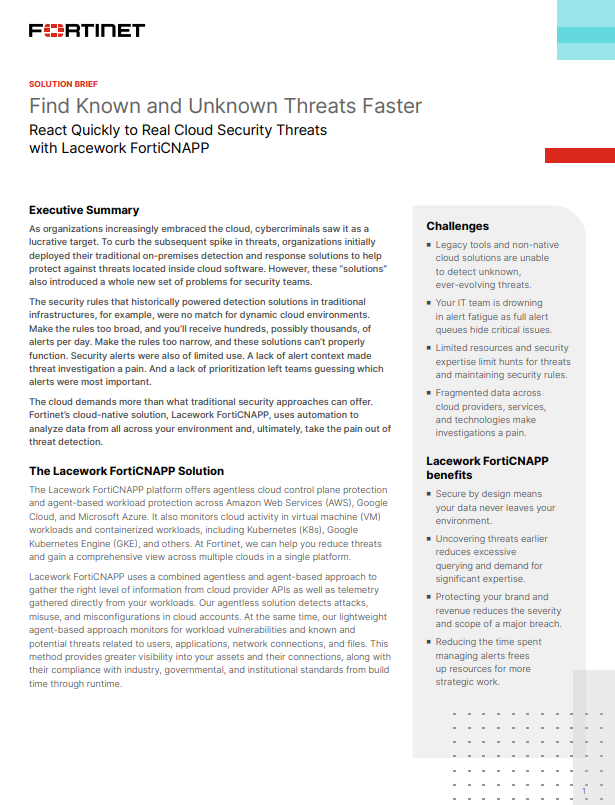 Solution Brief: Find Known and Unknown Threats Faster
Solution Brief: Find Known and Unknown Threats FasterDownload Now
By ITPro
-
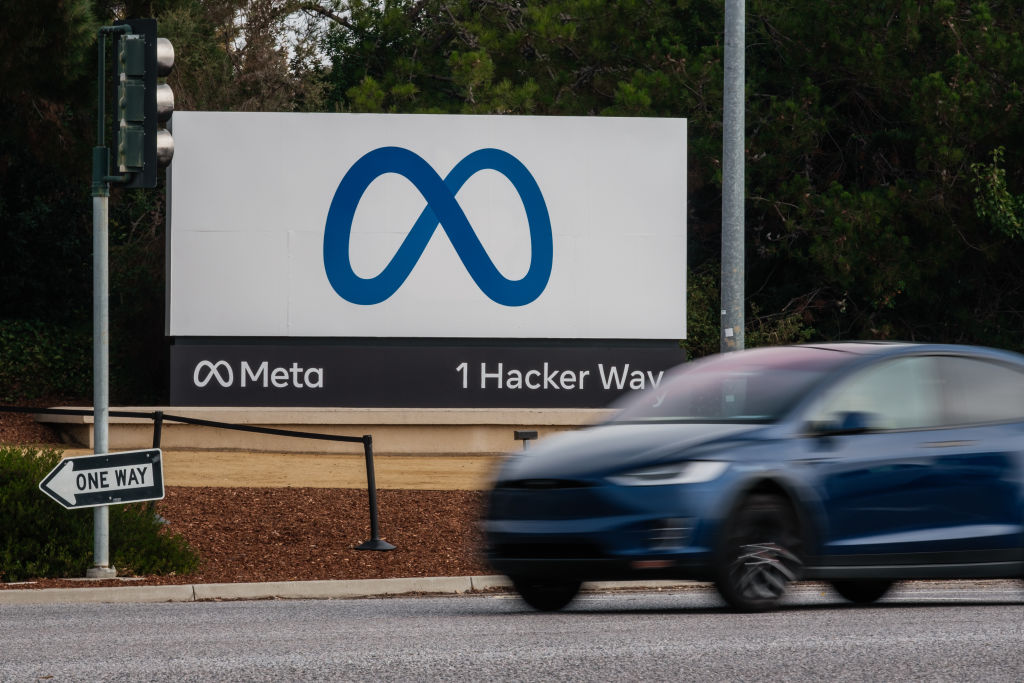 Latest Meta GDPR fine brings 12-month total to more than €1 billion
Latest Meta GDPR fine brings 12-month total to more than €1 billionNews Meta was issued with two hefty GDPR fines for “forcing” users to consent to data processing
By Ross Kelly
-
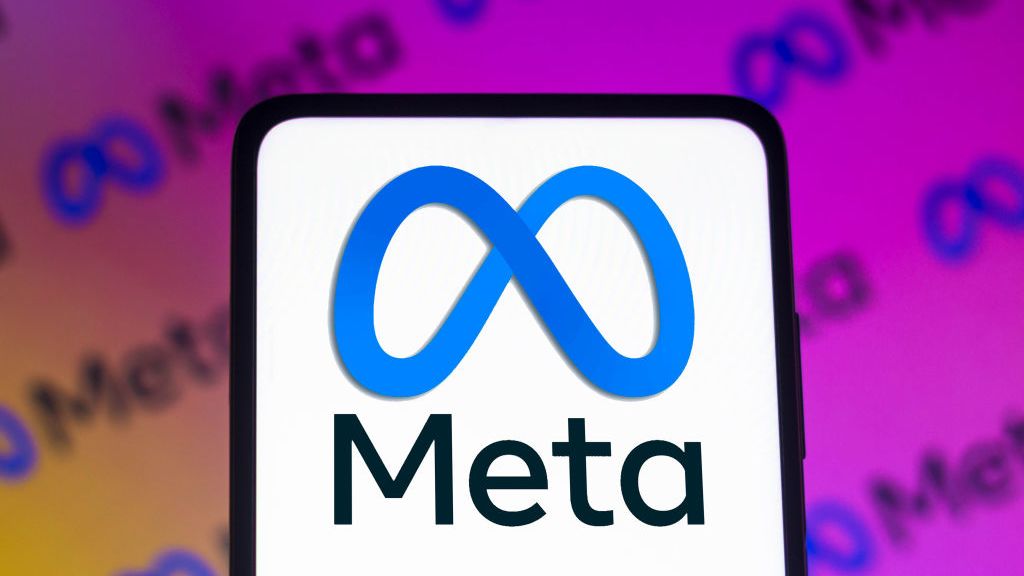 "Unacceptable" data scraping lands Meta a £228m data protection fine
"Unacceptable" data scraping lands Meta a £228m data protection fineNews The much-awaited decision follows the scraping of half a billion users' data and received unanimous approval from EU regulators
By Rory Bathgate
-
 Meta notifies around 1 million Facebook users of potential compromise through malicious apps
Meta notifies around 1 million Facebook users of potential compromise through malicious appsNews The vast majority of apps targeting iOS users appeared to be genuine apps for managing business functions such as advertising and analytics
By Connor Jones
-
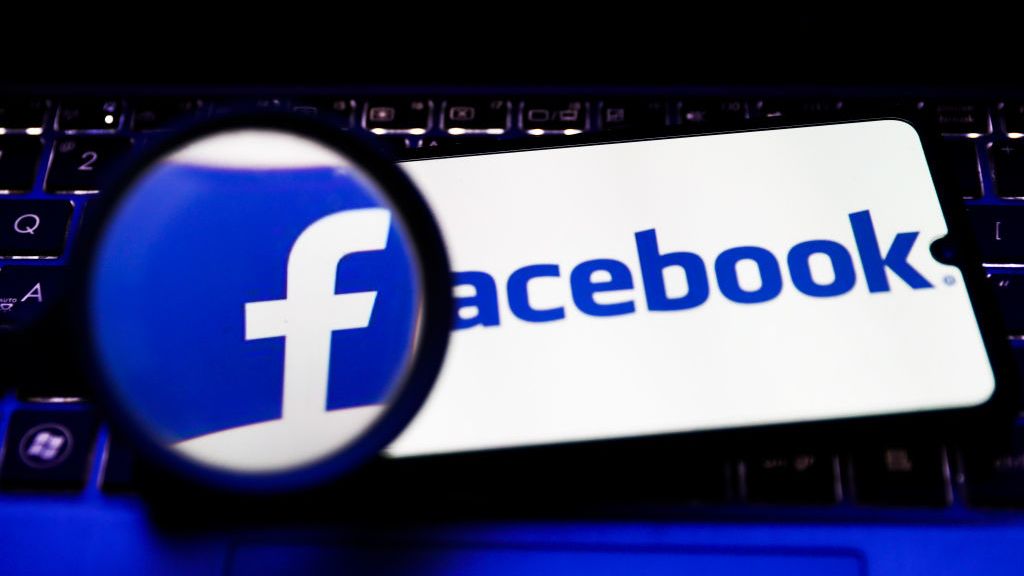 Facebook business accounts hijacked by infostealer malware campaign
Facebook business accounts hijacked by infostealer malware campaignNews Threat actors are using LinkedIn phishing to seize business, ad accounts for financial gain
By Rory Bathgate
-
 Meta begins encrypting Facebook URLs, nullifying tracking countermeasures
Meta begins encrypting Facebook URLs, nullifying tracking countermeasuresNews The move has made URL stripping impossible but will improve analytics
By Rory Bathgate
-
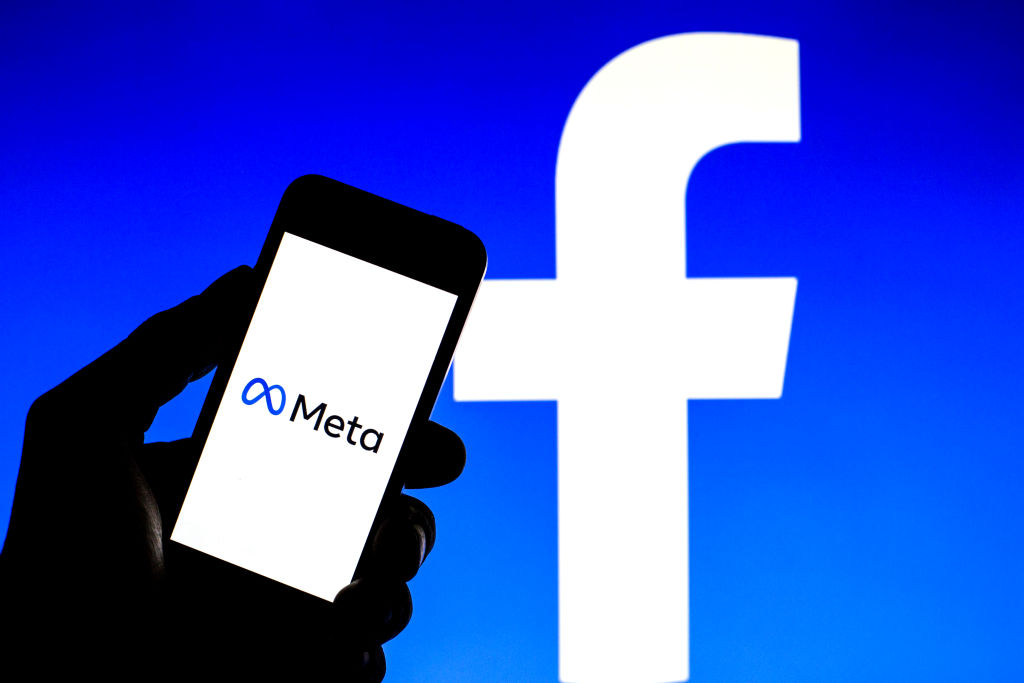 Meta hit with €17 million fine over multiple GDPR breaches
Meta hit with €17 million fine over multiple GDPR breachesNews The social media giant set aside over €1 billion in November to help it cope with potential fines arising from data protection investigations
By Zach Marzouk
-
 Meta says Apple's iOS privacy changes will cost it $10 billion in 2022
Meta says Apple's iOS privacy changes will cost it $10 billion in 2022News The company's CFO suggests Google "faces a different set of restrictions" because it pays Apple to remain the default iOS search engine
By Bobby Hellard
-
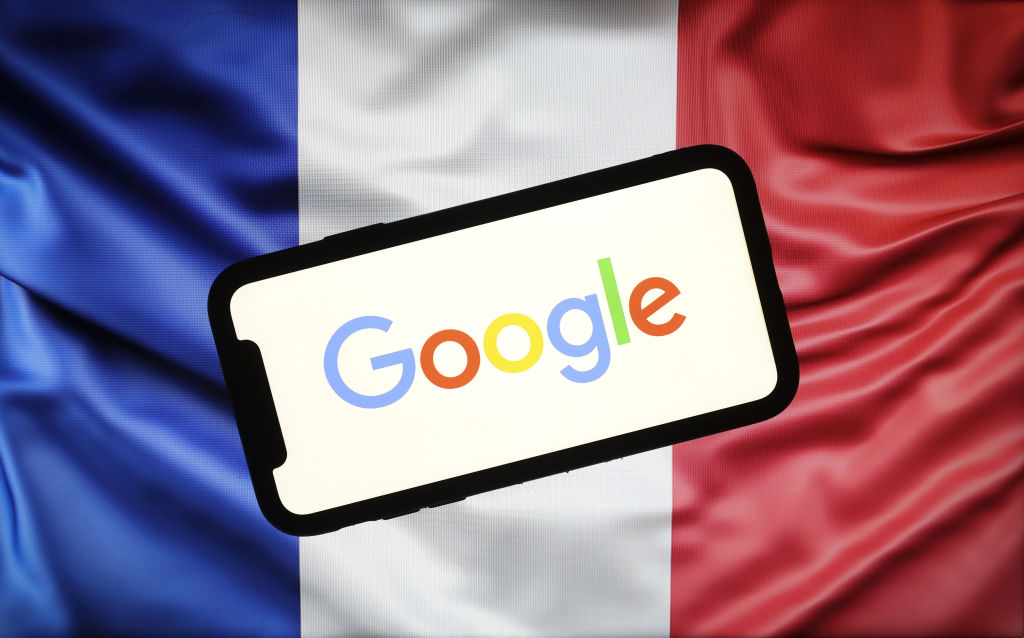 Google, Facebook fined €210 million for making it difficult for users to reject cookies
Google, Facebook fined €210 million for making it difficult for users to reject cookiesNews Data regulator CNIL gives companies three months to provide a system for refusing cookies that is as easy as single click consent
By Zach Marzouk